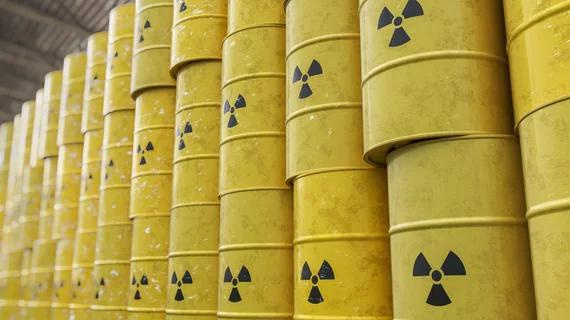Incident at nuclear medicine facility leads to Mo-99 shortage
A quality issue at Australia’s only nuclear medicine facility has caused another shortage of molybdenum-99, the Guardian reported Wednesday. It could force more than 12,000 patients into canceled exams.
A spokesman for the Australian Nuclear Science and Technology Organization (ANSTO) told the U.K. news outlet that a batch of nuclear medicine generators at the Lucas Heights facility didn’t pass routine quality checks last Friday. It’s expected to cause a short-term shortage in isotope availability, with rural and regional areas suffering the brunt.
The spokesman said the problem is being fixed and production is expected to start in the next week or so. In the meantime, ANSTO will import medicine as required.
The Lucas Heights facility, located near Sydney, is no stranger to issues. In September 2019, production was halted due to another quality issue. And that was less than three months after two workers were exposed to dangerous radiation levels, forcing another stoppage.
Read more from the Guardian below.

